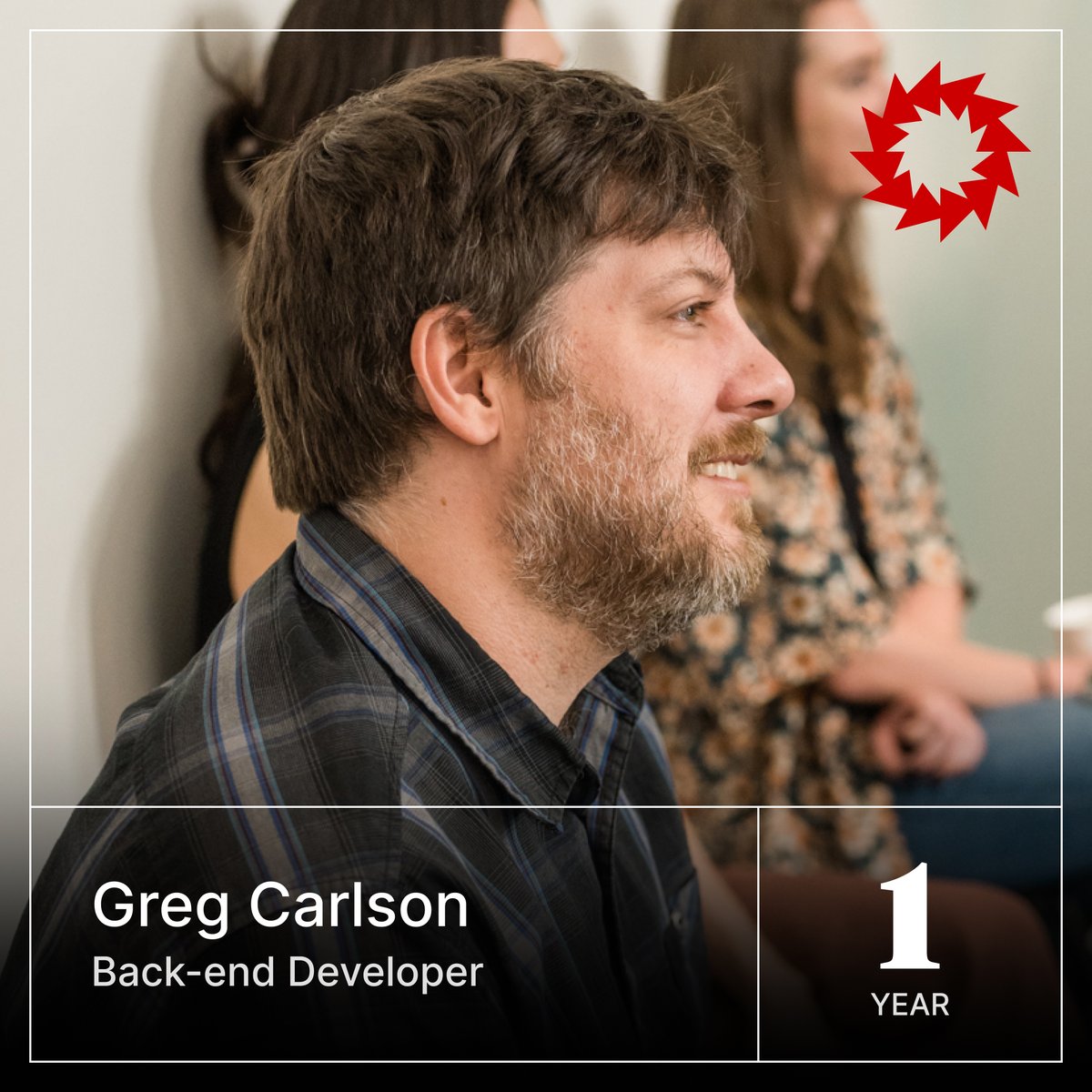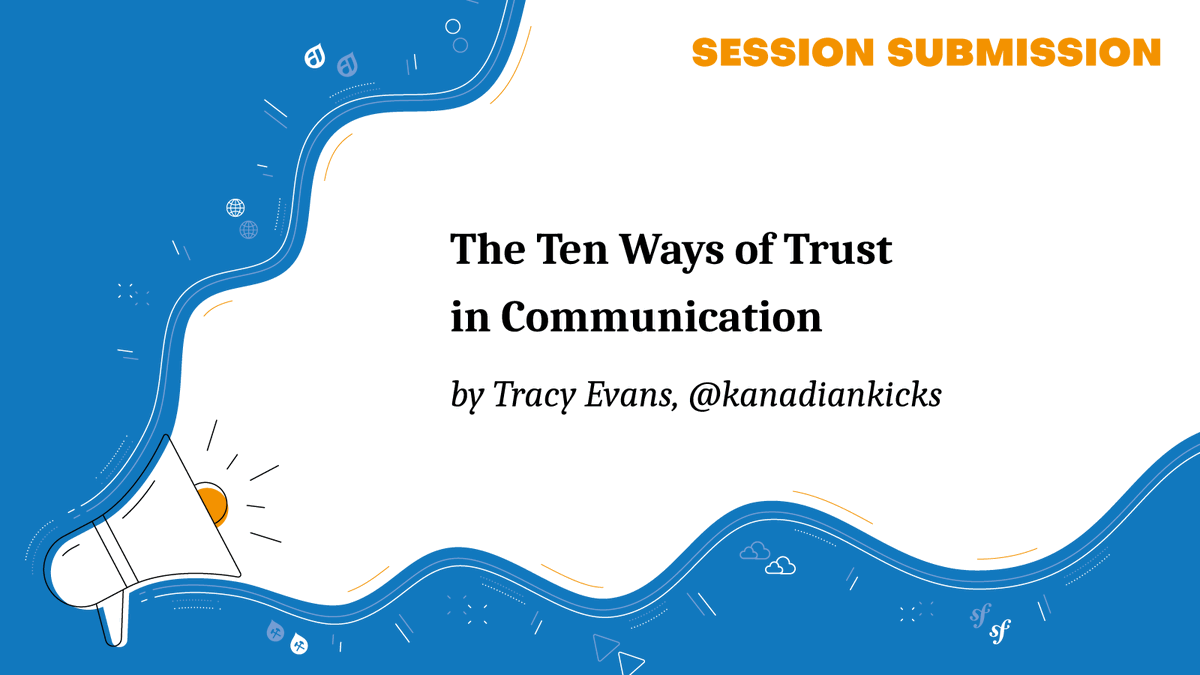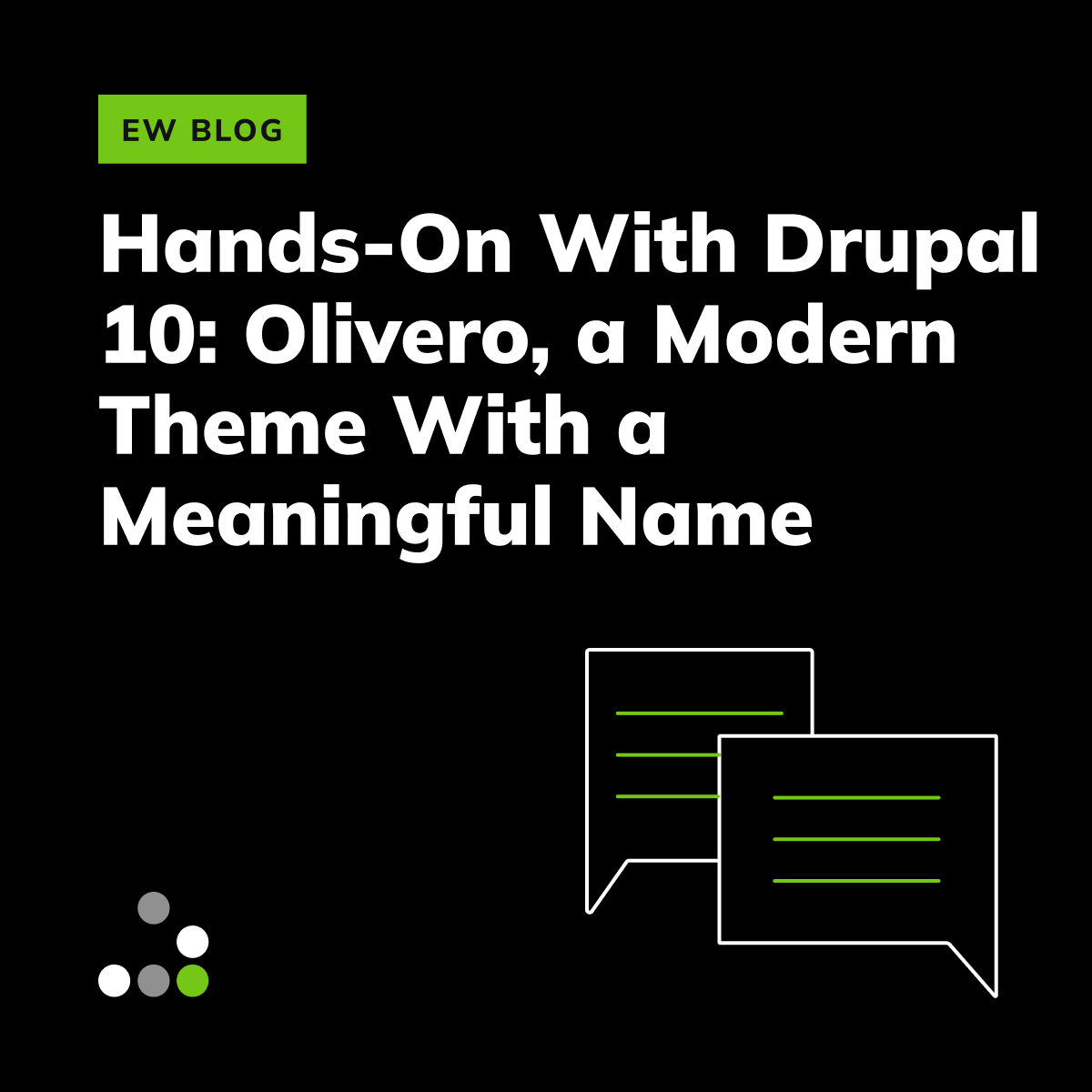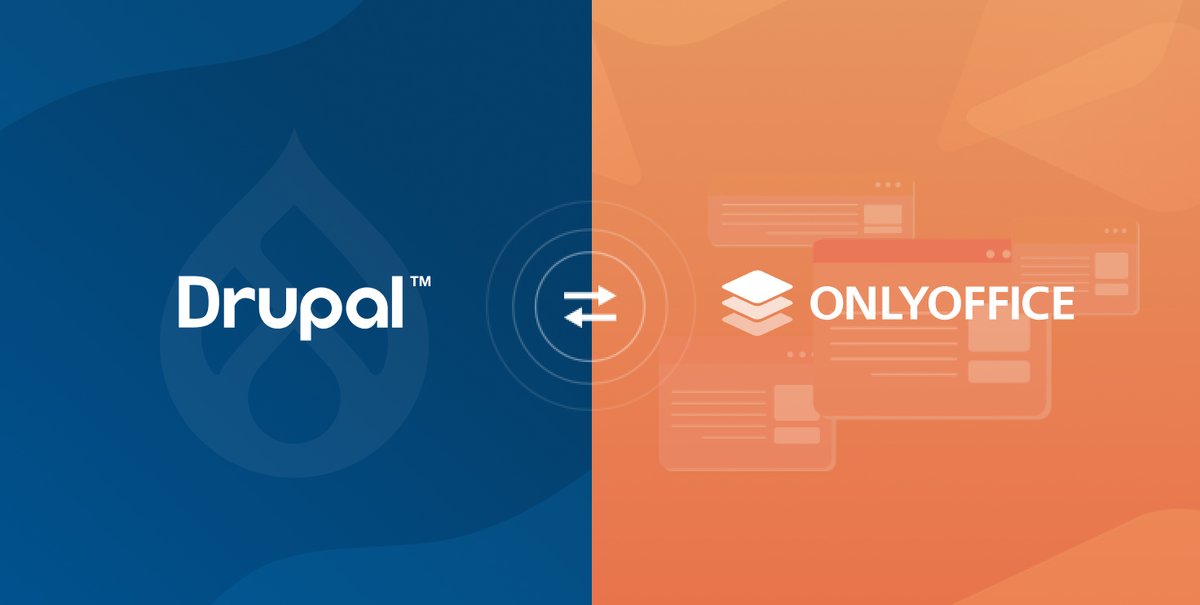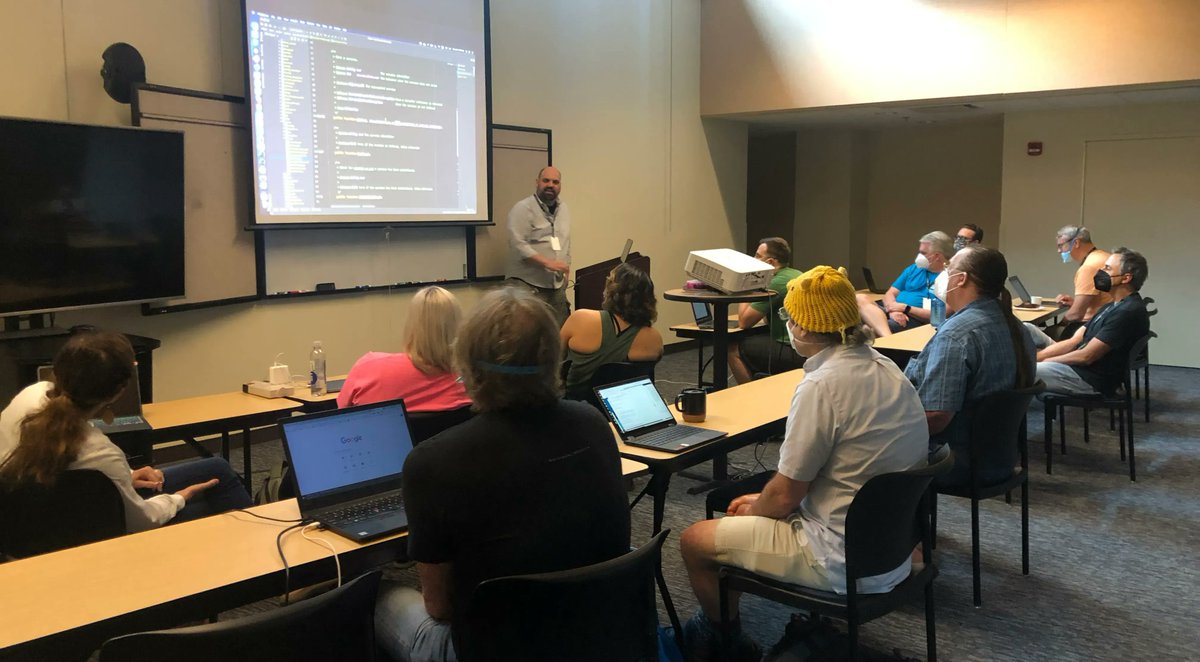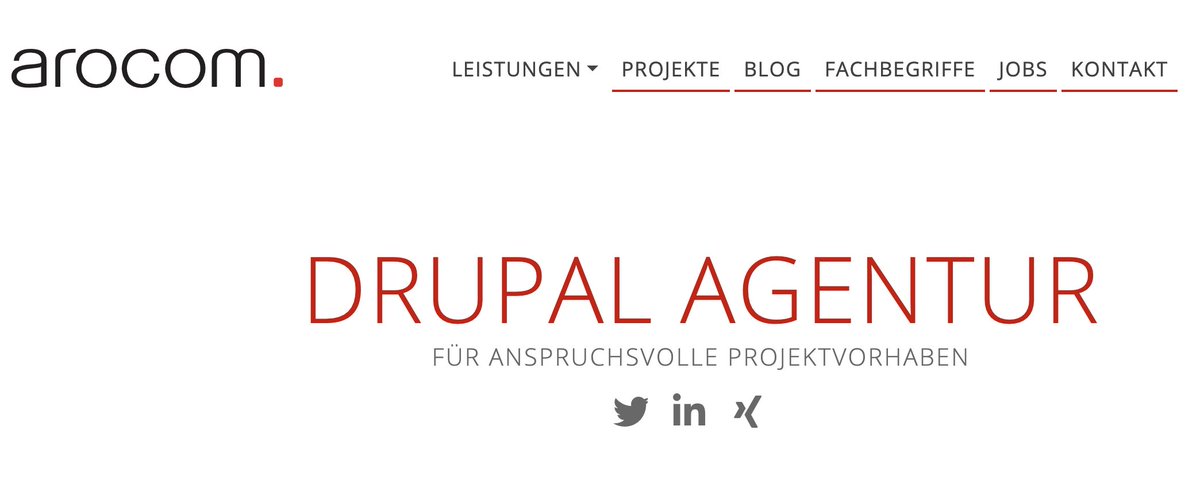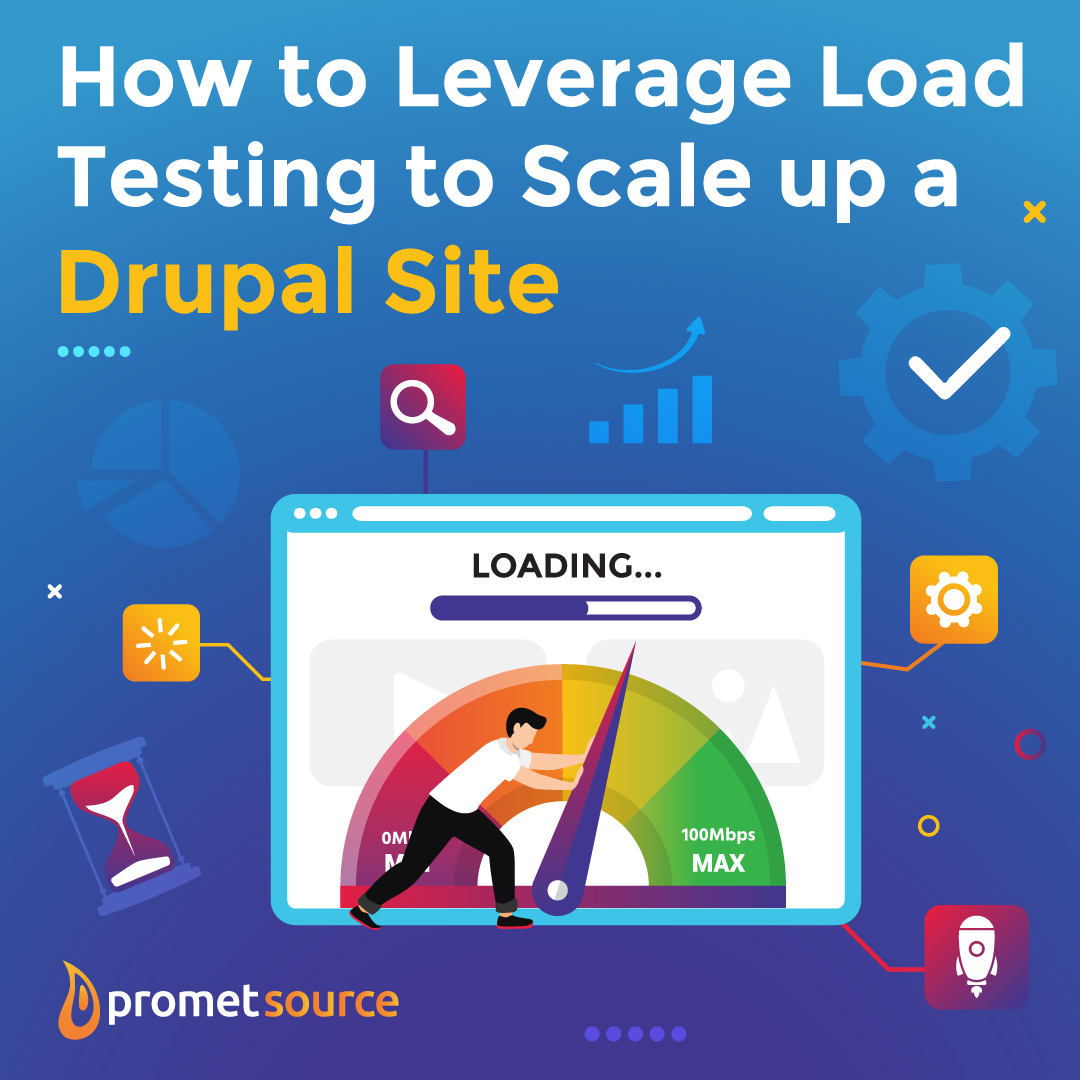Baddý Sonja Breidert (baddysonja), Grischa Marky (Gmarky)
Explore Maggi.de's transformation from a recipe platform to a thriving consumer hub. Discover how Drupal's power enabled Maggi to deliver personalized, innovative services, driving user engagement and setting new standards in the food industry. Learn how this Splash award winning site leverages Drupal to connect with over 12 million users per year.
Prerequisite
Basic understanding of Drupal, web development concepts, and digital marketing strategies.
Outline
Maggi.de, a leading recipe platform in Germany with over 12 million annual users, faced increasing competition and the need to differentiate itself. The goal was to transition from a simple recipe site to a full-service portal, providing users with food information, preparation guidance, and innovative features. This session will cover how Maggi, a subsidiary of Nestlé Deutschland AG, has leveraged Drupal to achieve this transformation over the past three years, evolving from its initial Drupal distribution.
The presentation will be delivered by the Senior Digital Manager of Maggi.de, offering a first-hand perspective on the challenges, solutions, and successes encountered along the way. The Maggi.de project won first place in the "Enterprise National" category at the German Splash Awards 2023.
This session will cover:
* The Initial Challenge: Maggi's need to evolve beyond a basic recipe platform and create a more engaging, user-centric experience, driven by increasing competition and the need to provide more value to its large user base (12+ million users annually).
* The Drupal Solution: How Drupal's modularity, open-source nature, security, and integration capabilities made it the ideal choice for Maggi.de's transformation, enabling the implementation of innovative ideas and continuous development to meet growing customer needs. The platform leverages the extensibility of Drupal to adapt to user needs and reposition itself as a service portal.
* Key Implementation Details: This section will detail the implementation of key features:
** How Maggi leveraged their existing Nestlé's Drupal distribution as a foundation.
** The process of expanding the website to incorporate new features and functionalities, including a focus on innovative solutions to meet customer needs.
** Integrating with third-party solutions, such as supermarket offer APIs (Drotax database with market price data from over 78,000 supermarkets in Germany).
** Technical details including the connection to the Maggi microservice (central interface for database access), a React application for an optimized search experience, and SOLR search to improve recipe discovery (2,600+ recipes offered).
** Implementation of key services:
*** "Lecker Retter": A food-saving campaign with a chatbot feature, offering tips on storing and using leftovers, and providing recipes to minimize food waste (11 million tons of food are thrown away annually in Germany). (https://www.maggi.de/lecker-retter/)
*** "KiM" Chatbot: Provides 2,600+ recipes and cooking ideas, accessible via WhatsApp, offering recipe search, cooking courses, weekly plans (via push notification), and tips. (https://www.maggi.de/kochstudio/chatbot-kim/)
*** "Promotion Finder": A Germany-unique service that integrates weekly price fluctuations from local supermarkets (EDEKA, Rewe, etc.) to suggest recipes that utilize on-sale ingredients, addressing consumer cost-consciousness. Integration of data from 78,000+ supermarkets. (https://www.maggi.de/aktionsfinder/)
* The Results: The impact of the Drupal-powered transformation on user engagement, brand perception, and business goals. This section will highlight Maggi.de's success in achieving positive brand perception and increased engagement through its new services, catering to current user needs such as food waste reduction, cost awareness, and consumer convenience. It will also highlight the project's recognition at the German Splash Awards 2023, where it won first place in the "Enterprise National" category, a testament to its exceptional Drupal implementation and innovation. Maggi.de now boasts 20,000,000 page views and 12,000,000 users per year.
* Lessons Learned: Key takeaways and best practices from the Maggi.de project that can be applied to other large-scale digital transformations, including the challenges of implementing innovative ideas in short timeframes, responding to customer feedback, and managing large amounts of data (processing 1,500 new offers per week and comparing them with 2,600 recipes and thousands of ingredients in the Promotion Finder).
This session will provide valuable insights for:
* Marketers and content strategists looking to create engaging digital experiences.
* Developers and architects considering Drupal for complex, enterprise-level websites.
* Business stakeholders seeking to understand the role of CMS platforms in digital transformation.
read more





































































































